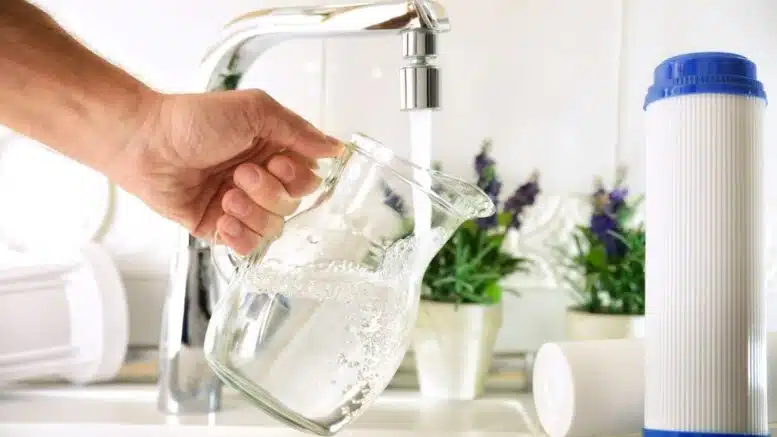Water is vital to human survival. It’s used for drinking, cooking, washing, and bathing. That’s why having access to clean, safe, and drinkable water is vital to the health and wellness of your family. Unfortunately, not all households and communities have access to it due to environmental factors affecting water quality. It makes them prone to the spread of diseases like cholera, diarrhea, polio, and dysentery.
Fortunately, some solutions can purify and treat your water until it’s returned to prime condition. There are several water-purifying devices and processes, and it can be confusing to find the right one. But it shouldn’t be challenging for you as you only need a few factors to guide your search and purchase decisions.
Here’s how to choose a water treatment solution for your home.
Understand The Types Of Water Treatment Technologies
Many water treatment technologies range from simple kitchen filters to advanced water purifiers. Some main types include reverse osmosis and the ceramic filtration system, where a filter only allows water molecules to pass through and blocks out contaminants.
Then there are the activated carbon filters; some remove chlorine while others attract organic substances. UV light acts as a disinfectant to destroy microorganisms and other organic-only impurities. These technologies are then used to create home-based products such as countertops, under-counter filters, and faucet-mounted water filters, among many others.
Each solution can treat a specific water problem. It’s best to read more about activated carbon filtration and other treatment systems to understand if they’re what you need.
Consider Your Budget
Examining your budget can help determine the price range of water treatment solutions to suit your lifestyle and finances. Remember that filters don’t last forever; thus, you must consider the maintenance and replacement costs. Some filters have a warranty ranging from six months up to a year. Also, there can be additional installation costs if the complex filter needs an expert to configure it in your home. Fortunately, there are options for every budget level.
The main factors determining costs are whether you’ll need a point-of-entry (PoE) or a point-of-use (PoU) purification treatment. These are two systems that categorize water filter systems. The PoE systems tend to be expensive because they’re installed into the main water line of your home. They filter all the water entering your whole house and soften it, and can cost about AUD$2000. The point-of-use systems are created to filter and provide better quality tap water, mainly from taps and sinks. Since they have a smaller operation, PoU systems are generally more affordable, at AUD$200 for an effective treatment filter.
Find Out The Source Of Your Water
The location of where your water comes from can tell you what’s in your water that’s causing quality issues and what solutions will work best for you. Public water is mainly treated and supplied by a main water system within a city or district from a dam, river, or desalination plant. Since it’s treated with chlorine, you can get a chemical filter if it tastes unpleasant. A filter to remove sediments can be helpful if the problem is hard water.

Then, suppose your house isn’t attached to the main water system because you live in an agricultural area and use a water tank or private well. In that case, the best option is to get your water tested. It will determine what needs to be removed and which filter to choose. For instance, UV light systems can eliminate bacteria, viruses, and harmful organisms from contaminating your water. They do this by removing debris and farmland chemicals with reverse osmosis systems.
Consider Why Your Water Needs Treating
Identifying the water quality problem in your home is also an essential factor in choosing the proper water treatment solution. It’s the main reason or purpose why you’ve decided to get a water filter. Many homeowners first discover tap water problems from an unpleasant metallic taste or egg-like odour.
It can be caused by chlorine treatments and unharmful Sulphur compounds that change the taste. In this case, activated carbon and reverse osmosis filters would best improve drinkability.
Furthermore, suppose you live in an area with water quality compromised by lead, arsenic, and nitrates. You’ll need specialized NSF-certified filters to remove these harmful substances and protect your family’s health. You’ll notice this issue with discoloured water, rusty plumbing, stained kitchenware and bathroom tiles, and visible micro-sediments. 5
Conclusion
You can choose the right water treatment solution for your home by familiarizing yourself with the filter technology and how they work. Doing this will help you identify which solution can resolve your water quality problem and how much to budget.
Then, you can find out where your water comes from to determine its composition. It will tell you what causes water quality issues and which filters provide the most value in eliminating a combination of chemicals, organic matter, and impurities in one system.
